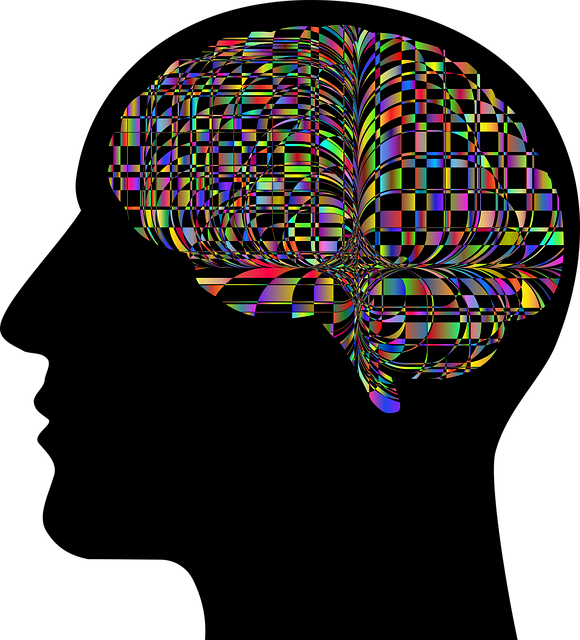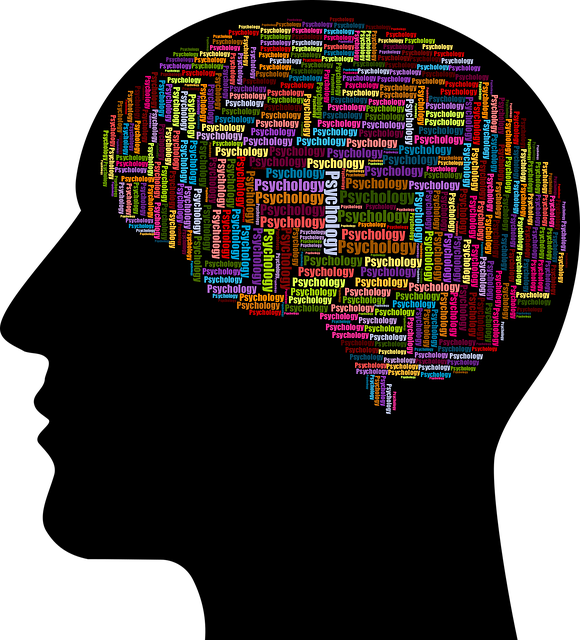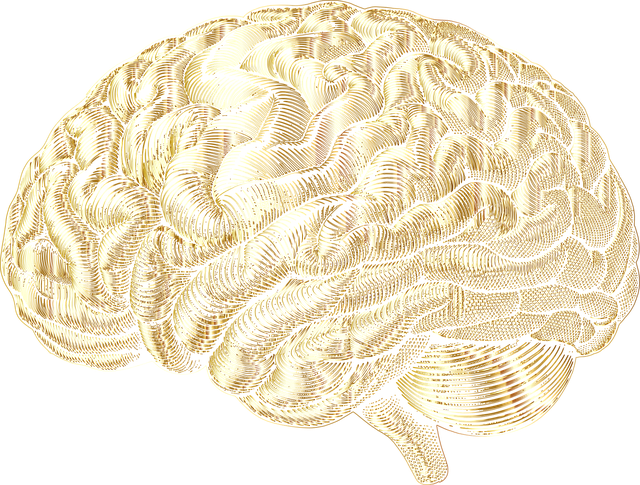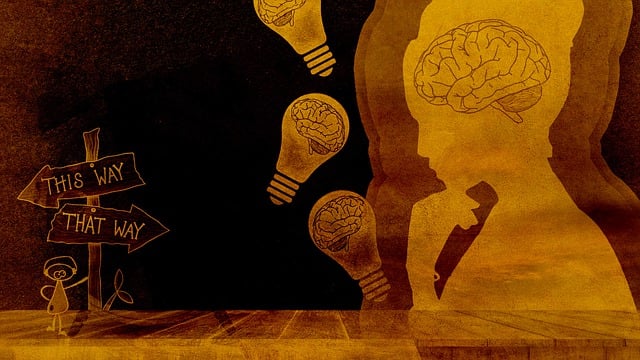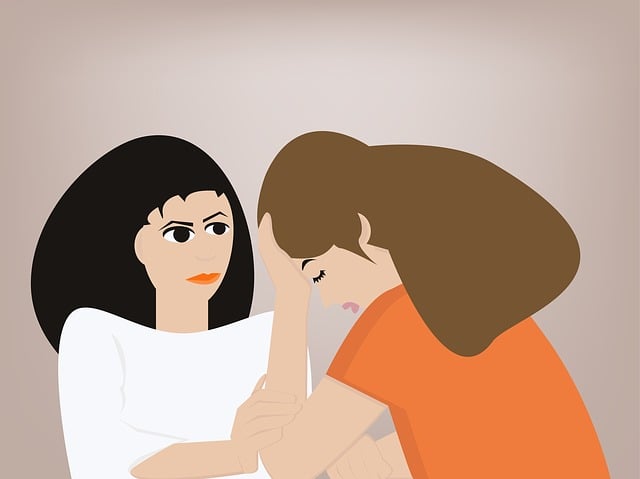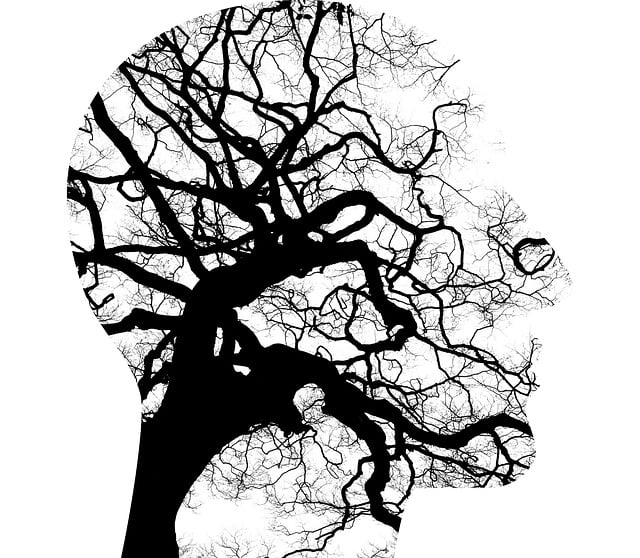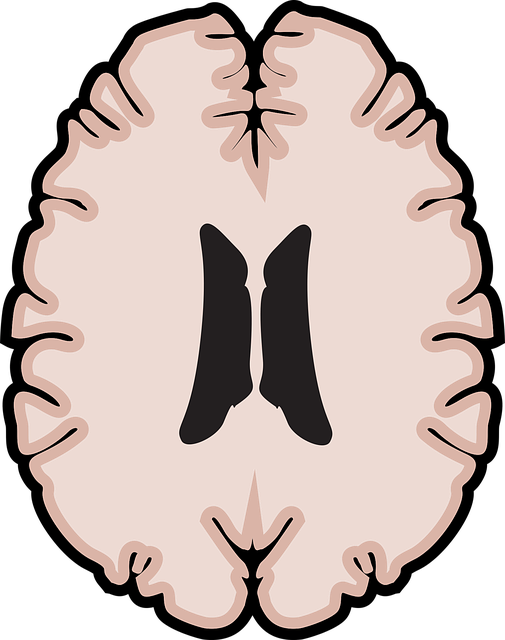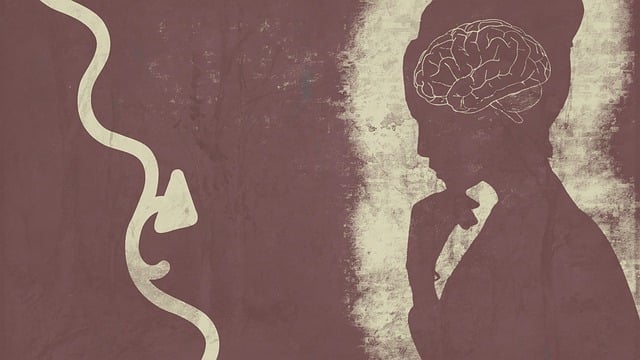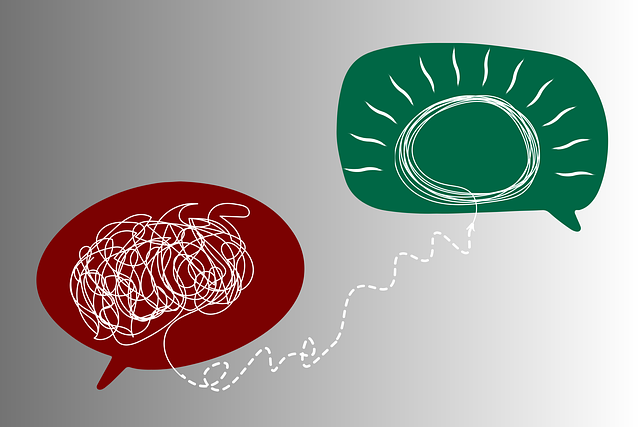Wheat Ridge Abuse Survivors Therapy (WRAST) offers specialized support for individuals healing from trauma, using empathy-driven strategies to build resilience and empower clients. Mental health advocacy challenges stigma and promotes open discussion, while community engagement fosters safe spaces for sharing and education. Global initiatives like WRAST have significantly impacted communities worldwide, providing hope, holistic healing, and accessible resources through art therapy, stress management, and podcast series.
Mental health advocacy initiatives play a crucial role in fostering well-being and support for individuals facing challenges. This article explores diverse approaches, from specialized therapies like Wheat Ridge Abuse Survivors Therapy, which offers safe spaces for healing, to global movements breaking down stigma. We delve into the power of community engagement, uniting voices to combat barriers and provide essential services. By examining successful initiatives worldwide, we uncover strategies that can be adapted to create a more inclusive and supportive society.
- Understanding Wheat Ridge Abuse Survivors Therapy: A Safe Space for Healing
- The Power of Mental Health Advocacy: Breaking Down Stigma and Barriers
- Community Engagement: Uniting Voices to Support Those in Need
- Global Impact: Successful Mental Health Advocacy Initiatives Around the World
Understanding Wheat Ridge Abuse Survivors Therapy: A Safe Space for Healing

Wheat Ridge Abuse Survivors Therapy (WRAST) is a specialized program designed to offer a safe and supportive environment for individuals who have experienced abuse or trauma. This therapeutic approach recognizes that healing from such profound experiences requires more than conventional therapy; it demands a space where survivors feel truly seen, heard, and understood. WRAST facilitates this by employing empathy-building strategies tailored to address the unique challenges faced by its clients.
The program prioritizes resilience building, equipping participants with coping mechanisms and tools to navigate life’s difficulties. By fostering a sense of safety and empowerment, WRAST aims to prevent burnout—a common outcome for survivors who may have been silenced or shamed about their experiences. Through group sessions, one-on-one counseling, and creative outlets, the initiative seeks to help individuals process their traumas, develop healthy coping strategies, and rebuild their lives with hope and strength.
The Power of Mental Health Advocacy: Breaking Down Stigma and Barriers

Mental health advocacy plays a pivotal role in transforming lives and fostering a supportive society. By championing mental wellness, advocates challenge societal norms and stereotypes associated with conditions like those faced by survivors of Wheat Ridge Abuse Survivors Therapy. Stigma often acts as a significant barrier to individuals seeking help, so advocating for mental health breaks down these walls, encouraging open conversations and promoting understanding.
Through initiatives that support Inner Strength Development and Burnout Prevention, advocacy groups empower individuals to take control of their mental wellness. These programs aim to educate communities, reduce the stigma surrounding therapy and various treatment modalities, and ensure survivors have access to essential resources. By raising awareness, advocates create a safer, more inclusive environment where people feel comfortable discussing their struggles and seeking professional help when needed.
Community Engagement: Uniting Voices to Support Those in Need

In the fight for mental health advocacy, community engagement is a powerful tool that amplifies voices and brings support to those in need. By fostering a sense of unity, communities can create safe spaces where individuals share their experiences, educate others, and offer assistance. This collective effort ensures that no one struggles alone, breaking down barriers and stigma associated with seeking therapy and support. For instance, organizations like Wheat Ridge Abuse Survivors Therapy play a pivotal role in community engagement by providing platforms for open dialogue, sharing resources, and offering specialized services tailored to survivors’ unique needs.
Through collaborative initiatives, communities can advocate for better mental health policies, promote positive thinking, and enhance social skills training. By analyzing existing mental health policies and advocating for necessary changes, communities drive progress in addressing systemic issues. Moreover, engaging in Mental Health Policy Analysis and Advocacy ensures that services are accessible, effective, and tailored to the diverse needs of all individuals within the community, fostering a healthier and more supportive environment for everyone.
Global Impact: Successful Mental Health Advocacy Initiatives Around the World

Mental health advocacy initiatives have made significant global impacts, offering hope and healing to communities worldwide. From urban centers to rural areas, successful programs are transforming lives and challenging stigma. For instance, organizations like Wheat Ridge Abuse Survivors Therapy (WRAT) in the United States provide specialized therapy for trauma survivors, fostering resilience through individualized support. WRAT’s approach emphasizes the interconnectedness of mental wellness with physical health, integrating art therapy and stress management techniques to create a holistic healing environment.
Similar efforts are seen internationally, where community-led initiatives and government collaborations offer Crisis Intervention Guidance tailored to local needs. In Africa, for example, Mental Wellness Podcast Series Production has gained traction as an accessible way to share information and connect individuals with mental health resources. These podcasts address diverse topics like anxiety management, depression coping strategies, and the importance of self-care, all while promoting a sense of community and normalizing conversations around mental wellness. Such global initiatives underscore the power of advocacy in ensuring people everywhere have access to quality mental health support.
Mental health advocacy initiatives, such as Wheat Ridge Abuse Survivors Therapy, play a pivotal role in creating a supportive ecosystem for healing. By breaking down stigma and barriers through community engagement, we can ensure that individuals worldwide receive the necessary support. Initiatives like these not only offer safe spaces for healing but also inspire global changes, fostering a more compassionate and understanding society. Remember that collective action is key to making mental health a priority and improving lives.
